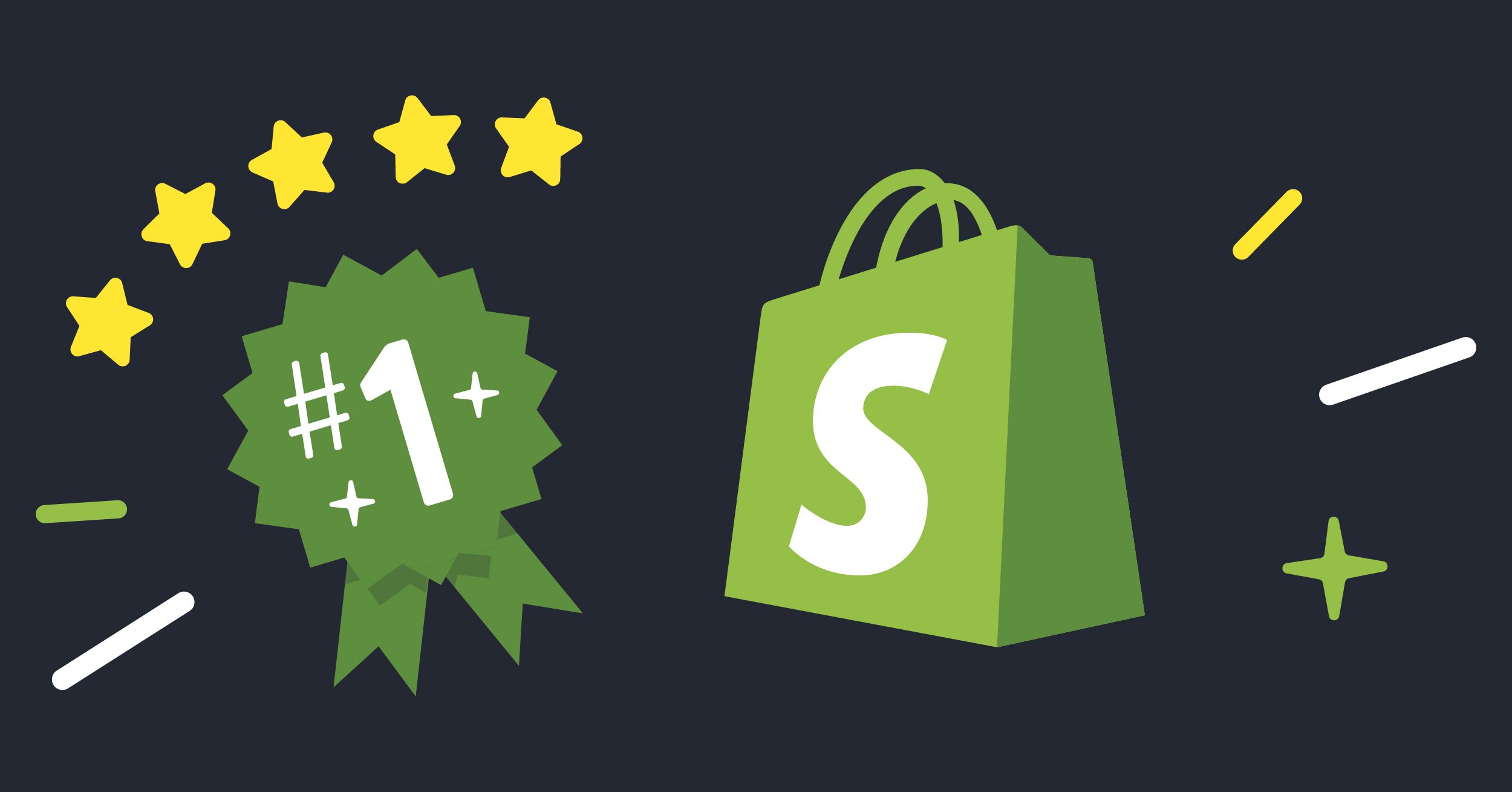SaaS Penguin’s Unbiased Shopify Review: Should You Build Your Store Here?
In today’s fast-paced digital economy, choosing the right e-commerce platform is critical to your success as an online seller. With numerous options available, Shopify stands out as one of the most popular and comprehensive platforms on the market. But is Shopify the right fit for your business? In this unbiased shopify review, SaaS Penguin explores the pros and cons of Shopify to help you make an informed decision.
Understanding Shopify: What Sets It Apart
Shopify is an all-in-one e-commerce solution designed to simplify the process of creating and managing an online store. Founded in 2006, Shopify now powers millions of businesses worldwide, ranging from small startups to large enterprises. Here are some of the platform’s standout features:
- Ease of Use: Shopify’s intuitive interface allows users to set up and manage their stores without extensive technical knowledge.
- Scalability: From handling small businesses to supporting large-scale enterprises, Shopify adapts to your needs.
- App Ecosystem: With over 8,000 apps in its App Store, Shopify offers extensive customization options.
- Integrated Payment System: Shopify Payments simplifies transactions while supporting multiple payment gateways.
Key Features of Shopify
1. Customizable Design Templates
Shopify provides more than 100 professionally designed templates, catering to various industries and aesthetics. Each template is mobile-responsive, ensuring a seamless shopping experience across devices. While many themes are free, premium templates are available for advanced design options.
2. Comprehensive App Store
Shopify’s App Store enables users to extend their store’s functionality. Whether you need tools for inventory management, email marketing, or social media integration, there’s an app for that. However, some apps come with additional costs, so careful selection is essential.
3. Marketing and SEO Tools
With built-in SEO features, Shopify helps improve your store’s visibility on search engines. You can also launch email campaigns, track performance analytics, and create discount codes to drive sales.
4. Secure and Reliable Hosting
Shopify provides robust web hosting with 99.9% uptime, ensuring your store remains operational at all times. Security measures like SSL certification and PCI compliance protect customer data and transactions.
5. Multichannel Selling
Shopify enables you to sell on various platforms, including Facebook, Instagram, and Amazon. This multichannel approach helps you reach a broader audience and boost sales.
The Pros of Shopify
1. User-Friendly Interface
Shopify’s drag-and-drop builder and simple dashboard make it easy for anyone to design and manage an online store.
2. Scalability
Shopify accommodates growth, making it suitable for businesses at any stage. The platform’s scalability ensures you won’t outgrow its capabilities as your business expands.
3. Global Reach
Shopify supports multiple languages and currencies, allowing you to tap into international markets with ease.
4. 24/7 Customer Support
Shopify’s dedicated support team is available round the clock via live chat, email, and phone, ensuring you get help whenever needed.
5. Extensive Knowledge Resources
From guides and tutorials to community forums, Shopify provides ample resources to help you succeed.
The Cons of Shopify
1. Cost
Shopify’s monthly plans range from $39 to $399, and its enterprise solution, Shopify Plus, comes with custom pricing. While the pricing is competitive, additional costs for premium themes and apps can add up.
2. Transaction Fees
If you opt for a third-party payment gateway instead of Shopify Payments, you’ll incur transaction fees ranging from 0.5% to 2% per transaction.
3. Limited Customization Without Coding
While Shopify’s themes are customizable, extensive modifications may require coding knowledge or hiring a developer.
Real-World Applications: Who Should Use Shopify?
Small Businesses
For small businesses, Shopify offers an affordable way to establish an online presence. Its user-friendly tools make it ideal for those with limited technical expertise.
Dropshipping Entrepreneurs
Shopify integrates seamlessly with apps like Oberlo and Spocket, simplifying the dropshipping process. Entrepreneurs can source products and manage orders without holding inventory.
Large Enterprises
Enterprises benefit from Shopify Plus, which offers advanced features, dedicated account management, and the ability to handle high transaction volumes.
How Does Shopify Compare to Competitors?
WooCommerce
WooCommerce is a flexible option for WordPress users but requires more technical expertise and regular maintenance.
BigCommerce
BigCommerce offers similar features but falls short in terms of app ecosystem and ease of use compared to Shopify.
Squarespace
While Squarespace excels in design, it lacks Shopify’s advanced e-commerce capabilities and scalability.
Final Verdict: Should You Build Your Store on Shopify?
Shopify is a robust platform that simplifies the process of creating and managing an online store. Its intuitive interface, scalability, and extensive features make it a top choice for many businesses. However, the platform’s costs and reliance on apps may not suit every budget.
If you’re looking for a reliable, user-friendly, and scalable e-commerce solution, Shopify is well worth considering. Its ability to cater to diverse business needs—from small startups to global enterprises—positions it as a leader in the e-commerce industry.
In this shopify review At SaaS Penguin, we believe Shopify offers exceptional value for businesses ready to embrace online selling. Whether you’re launching your first store or optimizing an existing one, Shopify provides the tools you need to unlock e-commerce success. Explore Shopify today and see how it can transform your business.







